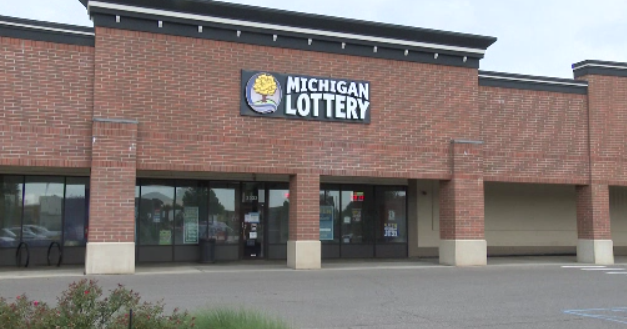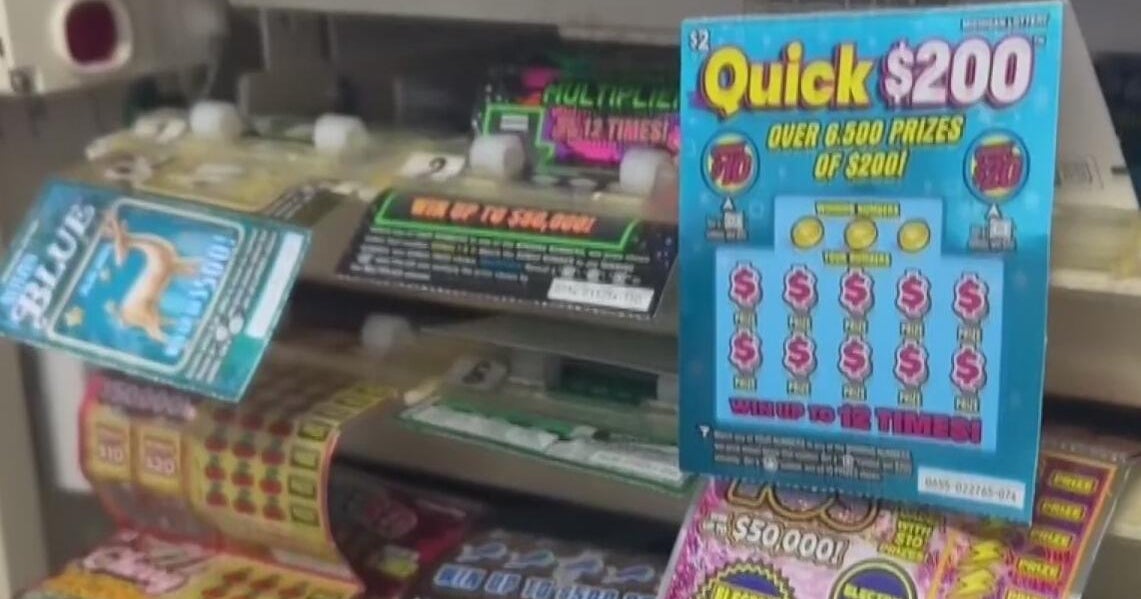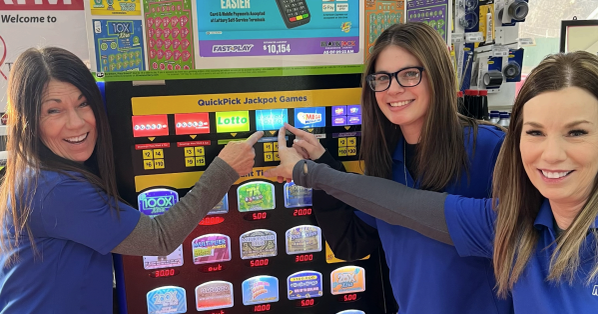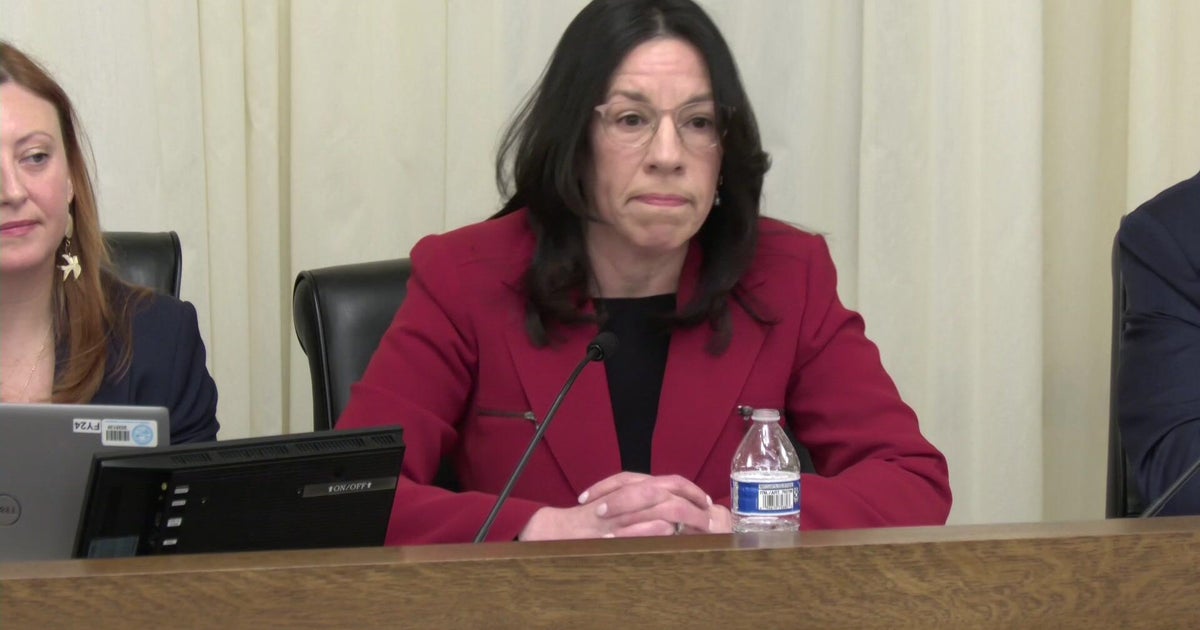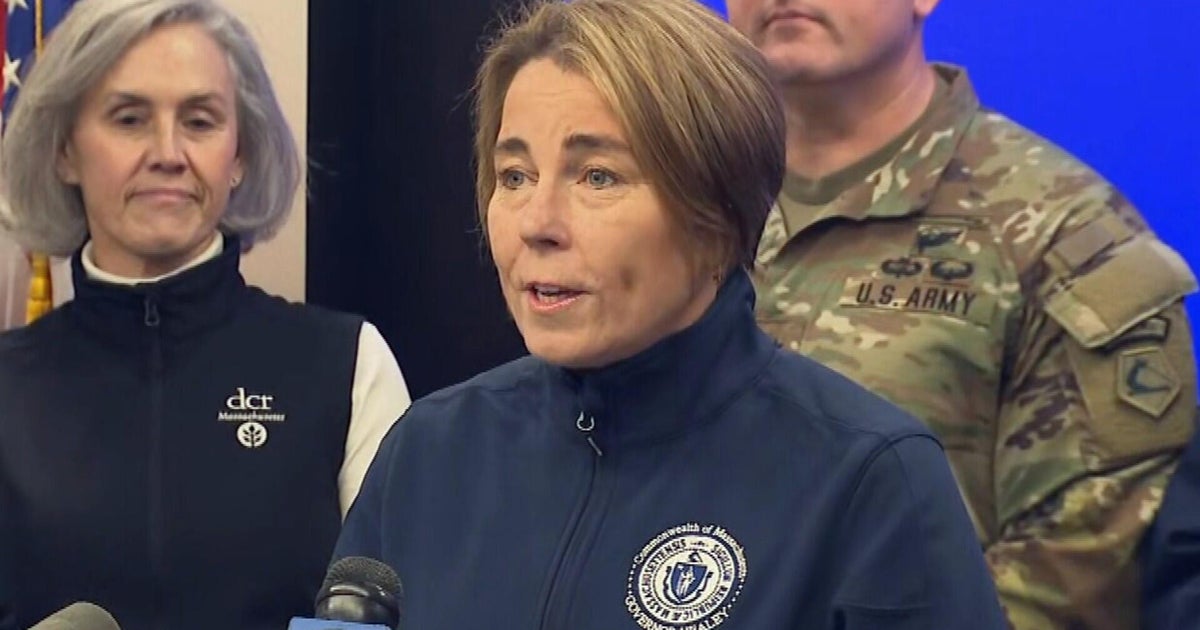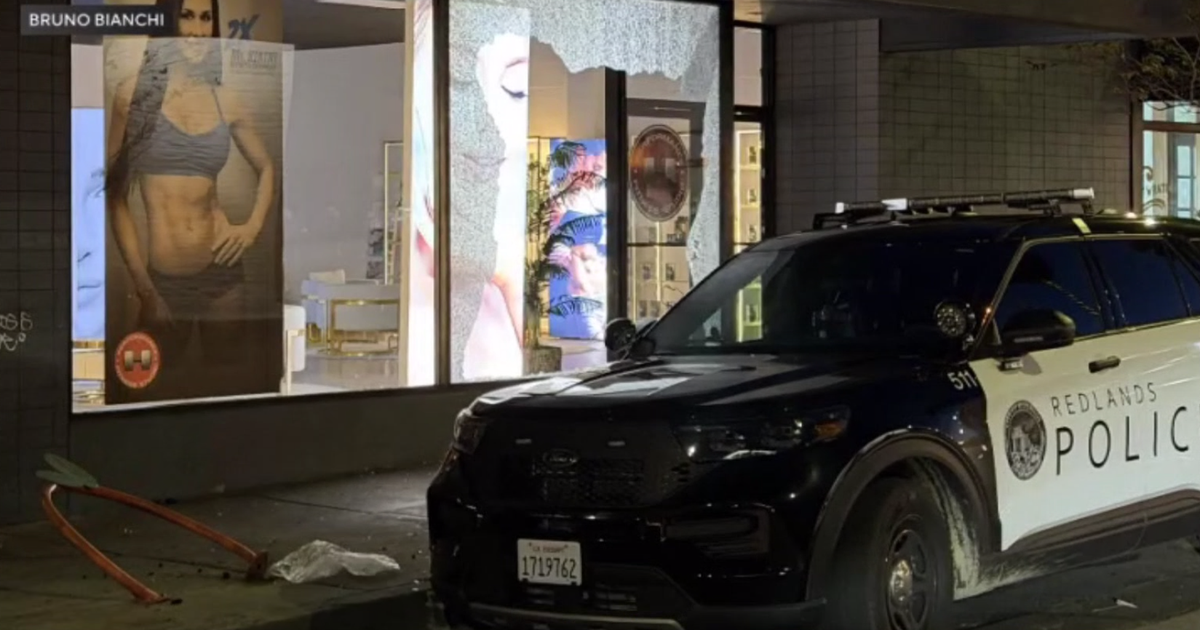Massachusetts Lottery 'very concerned' about sales as scratch tickets, Keno slump
By Chris Lisinski, State House News Service
NOV. 29, 2022..... (State House News Service) - Massachusetts Lottery sales have improved in the past two months thanks in large part to interest in a huge Powerball jackpot, but officials remain worried a broader slowdown that left the agency tens of millions of dollars behind last year's pace will persist.
Through Sunday, year-to-date Lottery product sales lagged the same stretch last year by about $22.5 million, according to Interim Executive Director Mark William Bracken. That's a marked improvement from the more than $60 million gap reported through September.
However, Bracken told the News Service he thinks the boost in October and November is an "outlier."
"We are still very concerned about our sales for the current fiscal year," Bracken said. "The only reason why our sales have rebounded a little bit is because of the Powerball jackpot. Right now, what we're seeing is that our sales are really indicative of jackpot-driven games and not games that we have control over."
In October, the Lottery sold a combined $439.9 million in products, an increase of $8.3 million or 1.9 percent over October 2021, according to figures Bracken presented to the Lottery Commission on Tuesday.
Most of the growth was driven by draw games such as Powerball, while monitor games also sold slightly more and the Lottery paid out $5.8 million less in prizes compared to the same month last year. Taken together, the boost in sales and decline in prize payments led to a net profit of $90.1 million in October, which was $12.3 million higher than October 2021.
The better performance chipped away at a months-long skid, but could not wipe it away. Over the first four months of fiscal year 2023, Lottery sales were down $52.3 million compared to the first four months of fiscal year 2022, a 2.6 percent decrease.
State officials in recent years have added casinos in Massachusetts and sports betting is set to debut early next year, adding to the mix of gaming revenues that state and local government have become dependent on. The Lottery is a major source of local aid, so any fluctuations in revenues are closely watched for that reason.
Although total sales figures have not yet been published for November, Bracken told the News Service after Tuesday's meeting that a surge in Powerball sales this month -- when the jackpot climbed to $2 billion -- cut the year-to-date sales shortfall to $22.5 million.
Bracken said he remains worried about the Lottery's sales outlook because the agency does not have much control over jackpot-driven games. The performance of scratch tickets and Keno, which together make up nearly 85 percent of all Mass. Lottery sales, continues to skid.
Compared to the same period last year, instant ticket sales through October were down $76.4 million or 5.7 percent and Keno sales were down $9 million or 2.2 percent, though Keno fared slightly better in October 2022 than it did in October 2021.
The upcoming holidays might offer at least a bit of relief. Bracken said the season is one of the two biggest stretches for the Mass. Lottery, calling it "really our most popular release of instant tickets."
Commissioners on Tuesday heard a presentation about an advertising blitz that will try to attract players this season, featuring the lotto-themed tagline, "The best gifts are made from scratch."
They also voted in favor of regulations clearing the way to scrap the All or Nothing monitor game, which players can tackle in between Keno draws. All or Nothing will go offline on Jan. 5, 2023, and the Lottery will replace it with a new game called The Wheel of Luck starting on Jan. 19, 2023.
Treasurer Deborah Goldberg, a member of the commission, said interest in the All or Nothing game "started to decline very rapidly from the very beginning" after it started.
"For at least a year and a half, if not longer, I've been calling All or Nothing 'Nothing But Nothing.' It has not truly added anything to the bottom line, and this is an era where we can ill afford to be doing that," Goldberg said during Tuesday's meeting.
Massachusetts officials in the past have attributed some of the slowdown to broader market trends affecting other state lotteries and to the pressure of rising inflation.
Commissioners also want lawmakers and the executive branch to take action to help them out. Bracken said Tuesday the Lottery might ask the incoming Healey administration to boost its advertising budget to $10 million, more than double the current $4.5 million allocation.
The Legislature and governor have level-funded the Lottery's advertising line item at $4.5 million -- an amount that Bracken said "for all intents and purposes is almost not having an advertising budget" -- in the past seven annual state budgets, though the Lottery can deploy monitor game funds to supplement that pot.
In the long term, Bracken hopes to see the Lottery receive about $20 million per year to fund advertising, but he said the agency could use $10 million "to show a direct correlation" to boosted revenue.
"For the amount of revenue we bring in, compared to our advertising budget, we are the lowest (state lottery) advertising budget in the nation other than one state that does not have an advertising budget," Bracken said. "And we're not talking by a little. We're talking exponentially. Some states, per dollar of revenue, they have two, three, four, five, six times the amount of advertising budget."
Commissioners on Tuesday also approved a $4.7 million contract allowing the Lottery to use UPS and FedEx for delivery services through November 2023 as well as a $150,000 contract with JANUS Software for "penetration testing services" and network security reviews.
